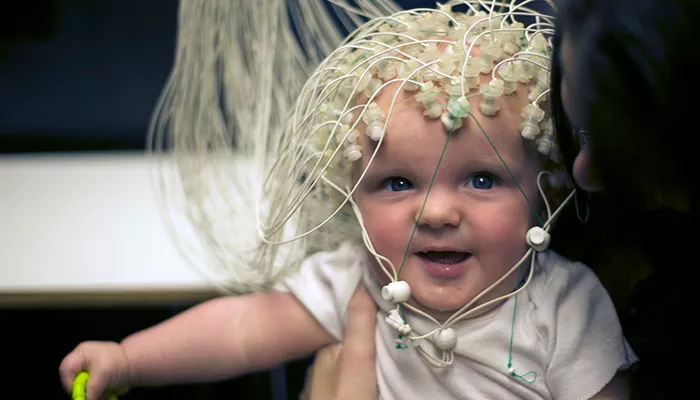A recent study from Michigan Medicine has made a significant step forward in the treatment of developmental epileptic encephalopathies (DEEs), rare yet devastating conditions that cause seizures, intellectual disabilities, and in some cases, sudden death in children. Dravet syndrome, one of the most severe forms of DEE, is often caused by mutations in the SCN1A gene, but this new research focuses on a mutation in the SCN1B gene, which is linked to an even more aggressive form of the disorder.
In a groundbreaking study led by Chunling Chen, M.D., and Yukun Yuan, M.D., Ph.D., under the guidance of Lori Isom, Ph.D., from the Department of Pharmacology at the University of Michigan’s Medical School, the team explored gene therapy as a potential treatment for SCN1B-linked DEE. Mice lacking the SCN1B gene were shown to experience severe seizures and a 100 percent mortality rate within just three weeks of birth.
The researchers tested a novel gene therapy designed to replace the missing SCN1B gene and restore the expression of the beta-1 protein, crucial for proper sodium channel regulation in the brain. The therapy was administered to newborn mice, and the results were promising—survival rates improved, the severity of seizures was reduced, and brain neuron excitability was restored.
While the team acknowledges that varying forms of SCN1B gene expression may lead to different therapeutic outcomes, this proof-of-concept marks a critical milestone in the development of a potential gene replacement therapy for SCN1B-related DEEs.
Related topic:
Study Reveals Increased Neurologic Risks from Flu in Young Children
Depression Linked to Faster Development of Physical Health Issues
Study Suggests Early Sun Exposure May Lower Risk of MS Relapses in Children

